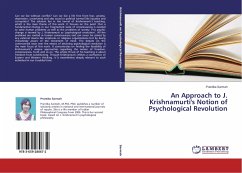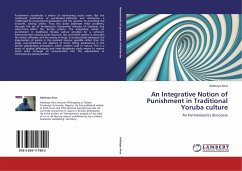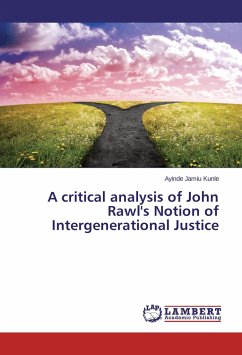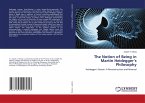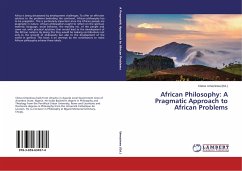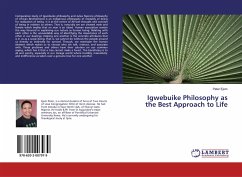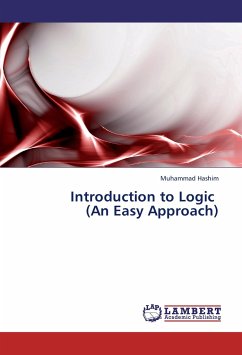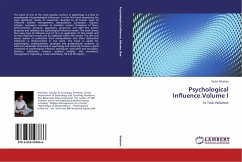Can we live without conflict? Can we live a life free from fear, anxiety, depression, uncertainty and also social or political turmoil like injustice and corruption? The solution lies in the kernel of Krishnamurti s teaching, which is the main theme of this work. It focuses on the point that a fundamental change in our fragmented state of consciousness is needed to solve human problems as well as the problems of society. This psychic change is termed by J. Krishnamurti as psychological revolution . All the problems are rooted in human consciousness and can never be solved by any external means like scriptures or religious organizations but by being choicelessly aware of the movement of mind. The debate on the controversial issue over the means of attaining psychological revolution is the main focus of this work. It concentrates on finding the feasibility of Krishnamurti s unique approaches regarding the notion of freedom, consciousness, truth and so on. The whole thrust of his teaching is about freedom from conditioning. Though Krishnamurti reflects a confluence of Eastern and Western thinking, it is nevertheless deeply relevant to each individual in our troubled time.

